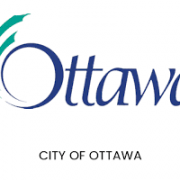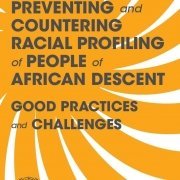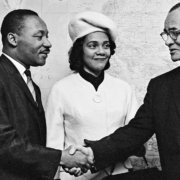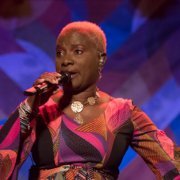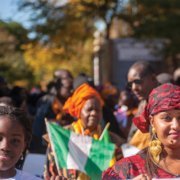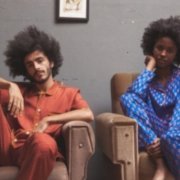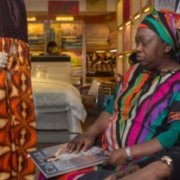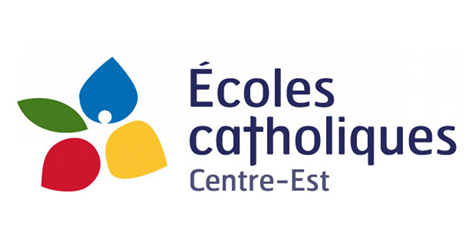By Godlove Ngwafusi, Atonaa Media Group
Crisis in Cameroon (while the Canadians party on like rock stars)
The Canadian Connection, eh?
Genocide!
Rwanda 2.0 has been simmering in Cameroon / Cameroun for years and counting.
But hey, who’s counting?
As long as there are a few bucks to be made, jobs to be created in the metropolis, and politicians who get to crow at election time about ‘jobs’ created in vote-rich constituencies, who cares?
A bunch of negroes gets killed, the rest get traumatized for generations, who cares?
It’s uncanny how for multiple times in a row in Africa, when hapless, hopeless, helpless Africans get butchered, because they dared to ask for equity, for fairness, to be treated like human beings with regular human needs.
And which Canadian company beat the ultra-cheap Chinese out of the Douala Stadium contract?
Would that be SNC Lavalin, perchance?
The infamous Montreal-based SNC Lavalin?
You know how that goes down, right?
Bribery, corruption, getting awarded contracts even when they flunk the technical score (much like for the Ottawa light rail debacle with trains that fall apart at rush hour … 😞
Now, back to the corruption bit.
It would appear that SNC gravitates towards jurisdictions that score ‘scandal’ on the Transparency International scorecard.
Cameroun is right up there with the biggest and ‘baddest’ bribers, that’s a fact.
If SNC hadn’t wiggled its way into the Yaoundé kleptocrats’ bank accounts, France would’ve despatched a planeload of ‘conseillers’ to come to pry the contract away from the winning bidder, lowest price and high technical score notwithstanding.
France has a ‘coopération’ contract with FrançAfrique that guarantees Élysées-backed French companies first dips in colonial contract awards shenanigans.
It doesn’t matter who gets genocided, and who’s rights get trampled upon.
It’s just a bunch of dead negroes we’re talking about, right?
Canada has routinely ignored the slaughter happening in Cameroon-Cameroun, the other bilingual English-French territory so similar to Canada in its linguistic dichotomy.
Canadian Foreign Affairs ignored the genocide when it started.
Canada still ignores the genocide as the BIR gendarmes switch to a ‘total solution’, Nazi-style, killing and maiming any human that speaks English, burning down their abodes and ancestry.
What are Canadian companies busy doing while that Central African territory sinks? Canada is rearranging the deck chairs while the Titanic sinks.
The media ignored it for the longest time.
Diasporans from that genocide triangle ignored it. It didn’t matter, that, whole families were slaughtered in their sleep: it’s just ‘dogs’, ‘rats’, ‘Biafran enemies in the house…’.
Just a bunch of hapless Africans with a lot of resources that everyone covets.
What better way to get at their resources than to eliminate the inconvenient negroes standing in the way?
So, it’s just like that unfortunate Canadian General who stood by, wringing his hands helplessly while they slaughtered the Rwandese.
Canadian diplomats and Canadian business are currently busy, rearranging the deck chairs on the Titanic as it sinks, just because they could make a few quick bucks while the Cameroun gendarmes slaughter babies, rape their mommies, and burn their grandmas in their beds during scorched-earth bombing raids against a hapless people running around in slippers.
Since they couldn’t be assimilated into the French sphere of exploitation, better to kill them off and get them out of the way to their numerous resources.


